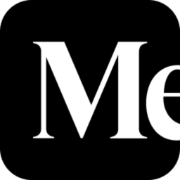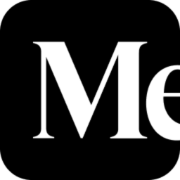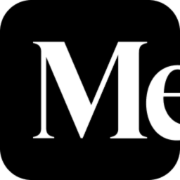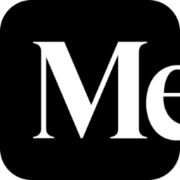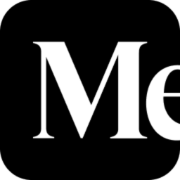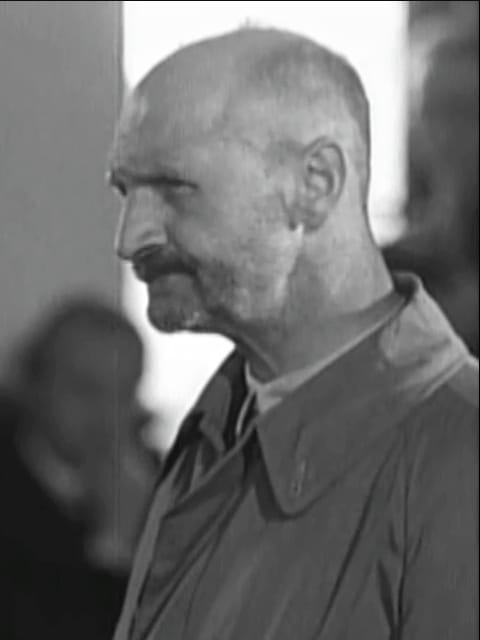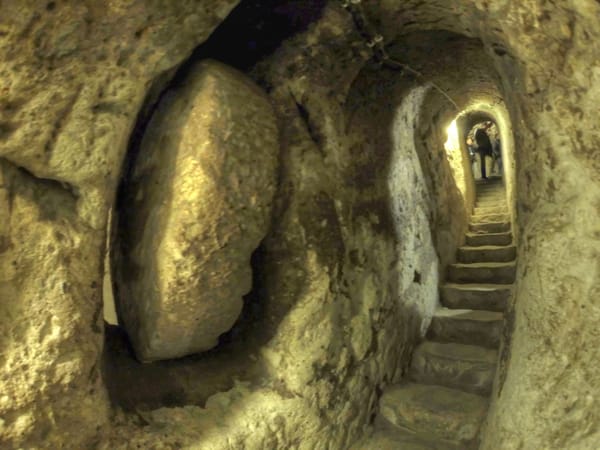Five great reads on Medium
There are some fantastic writers on this platform - if you know where to look

Sometimes I think the Internet has destroyed good writing. It can often feel impossible to sift through the listicles and clickbait titles and AI-generated slop, to read something unique perspectives that are carefully crafted, thoughtful and intelligent.
Substack has been grabbling all the attention as the online "home for writers." But, really, Medium has been that place for years.
To be sure, there is a lot of crap on there as well.
As with Substack, you have to take the time to search for content and writers that are worth following. The main 'For You' algorithm will - at first - feed you a bunch of 'How I Made $10,000 a Day Writing about Crypto' articles or treacly, navel-gazing woo.
But if you take the time to search for topics that you are interested in, you will quickly find some amazing writers and stories.
Like Oksana Kukurudza's essay about her mother's experience as a forced laborer in Germany during World War II.
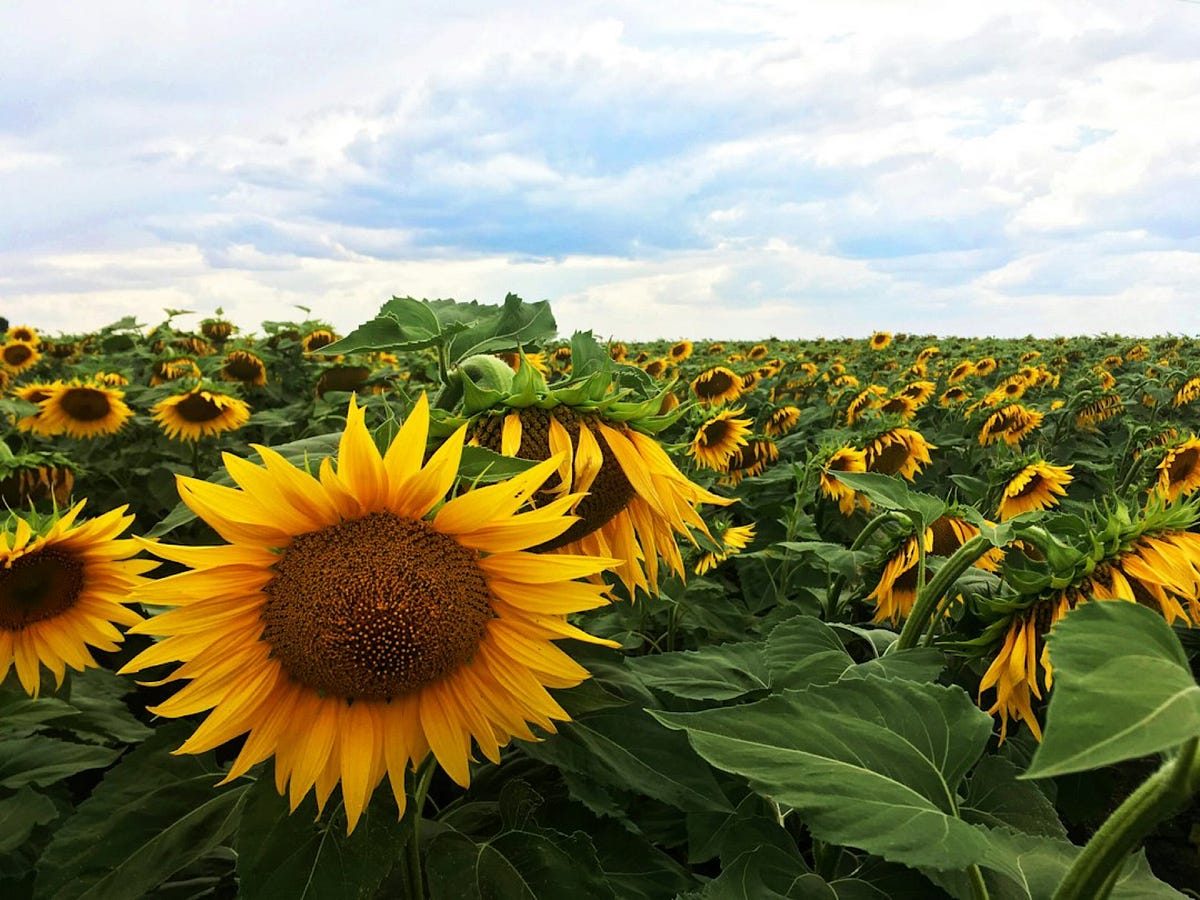
"Most German and foreign subsidiary companies that used forced and concentration camp labor laborers still operate today: e.g. Volkswagen, Siemens, Daimler Benz, BMW, General Motors, Ford, Eastman Kodak, BASF, Hugo Boss, etc."
Or, Marjan Krebelj account of learning the Slovak language as a Slovenian.
He thought it would be easy, both languages belong to the same language family. As an English-speaker learning German, I could definitely relate.
As an American in Europe, I confess it took a double-take to realize Slovakia and Slovenia were different countries. Reading his account, I learned more than just some new geography.
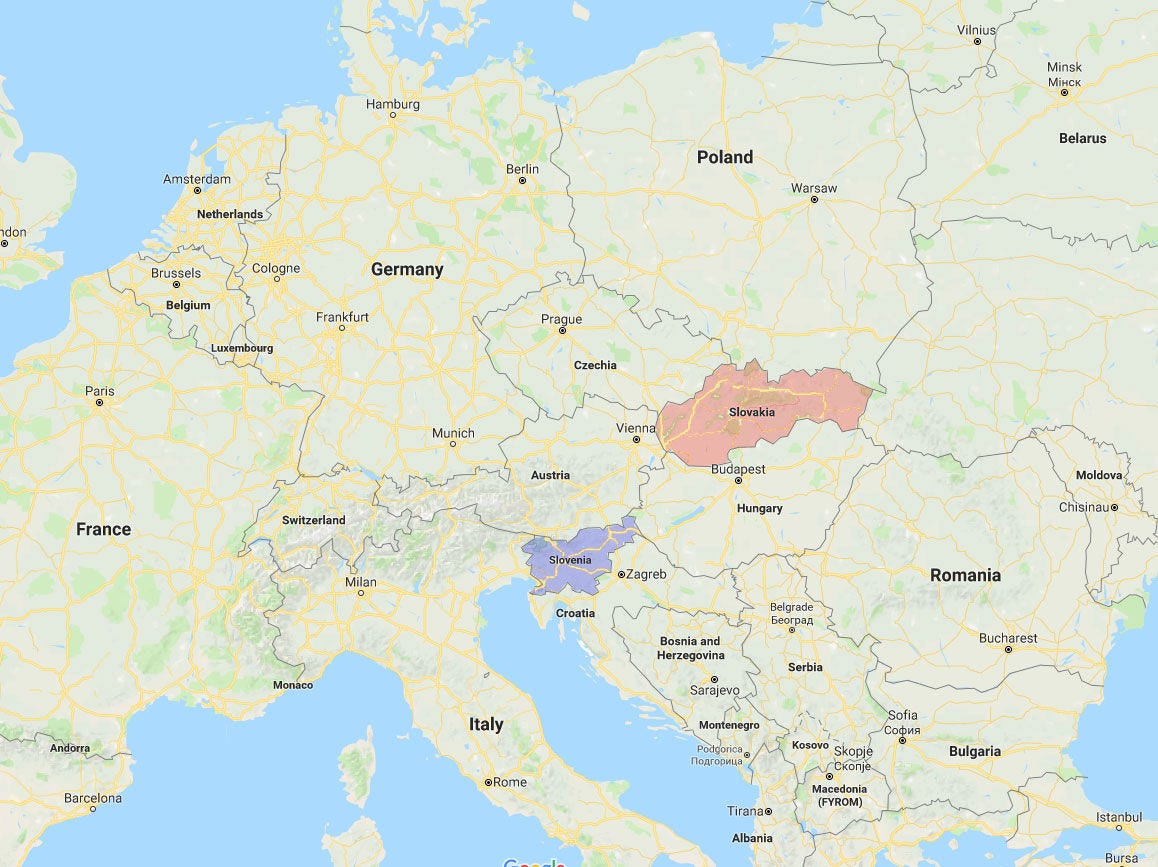
"Slovenia and Slovakia are often confused, even in Europe, let alone outside of it. Slovenia is nestled between the Alps and the Adriatic Sea (I often introduce it by saying that if you travel between Venice and Vienna, you’d pass right through it), while Slovakia is landlocked in Central Europe."
Prateek Dasgupta's Teatime History is one of my favorite Medium publications. It has higher publishing standards than many print magazines, requiring all of its submissions to be thouroughly sourced with citations listed.
Featuring writers from all over the world, and topics as varied as the history gondolas of Venice to the discovery of baby rattles in Bronze Age Syria, I can always find something I want to read.
Like this article about the Caral-Supe civilization in modern-day Peru.
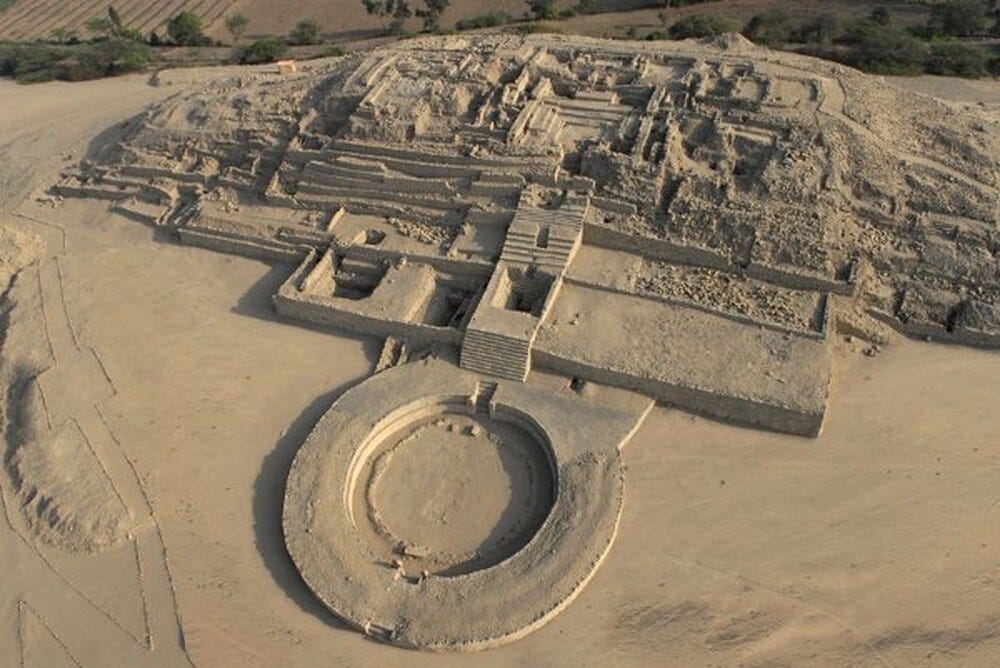
"The pyramids are among the world’s oldest structures, raising serious concerns regarding whether the Americas should be called the “New World.”
Medium is also where many scientists and subject matter experts share detailed knowledge directly with the public, without worry that their intent will be diluted or miscommunicated by mass media.
I really appreciated this article debunking common myths about First Aid from trained first responder Gill McCulloch (who also trains first responders!).

"One study described three cases in which people having heart attacks mistakenly thought they were hyperventilating and died after losing oxygen while they were breathing into bags. Breathing into a paper bag is unsafe; doctors do not recommend it."
Also this one, from scientist Sam Westreich on how ChatGPT creates fake article citations! This is one I read just this morning.

About the paywall
You'll find that many of the articles above are behind the Medium "Members-Only" paywall. Participating in the Members' Program is how Medium writers get paid.
It costs five dollars per month to access all of the content on the site--compare this to Substack's subscription model and I feel that my membership fees are well worth it.
But many writers, myself included, will share gift links or links to the content on alternate platforms (Westreich also publishes on Substack) so that you can view the article there.
Why it's important
As much as it pains me to say this — as someone who worked for a daily newspaper just out of college and who freelanced for numerous publications after leaving daily journalism – it has become apparent that we can no longer trust legacy media.
Corporate ownership has degraded journalistic standards for decades. But in the last five years, it has been dramatically apparent.
The antidote, I believe, is to seek out unbiased sources, to read widely--and maintain a variety of different sources of information--and to listen to individual voices "on the ground" globally to get a broader perspective.
Medium is one of the ways I do that.

